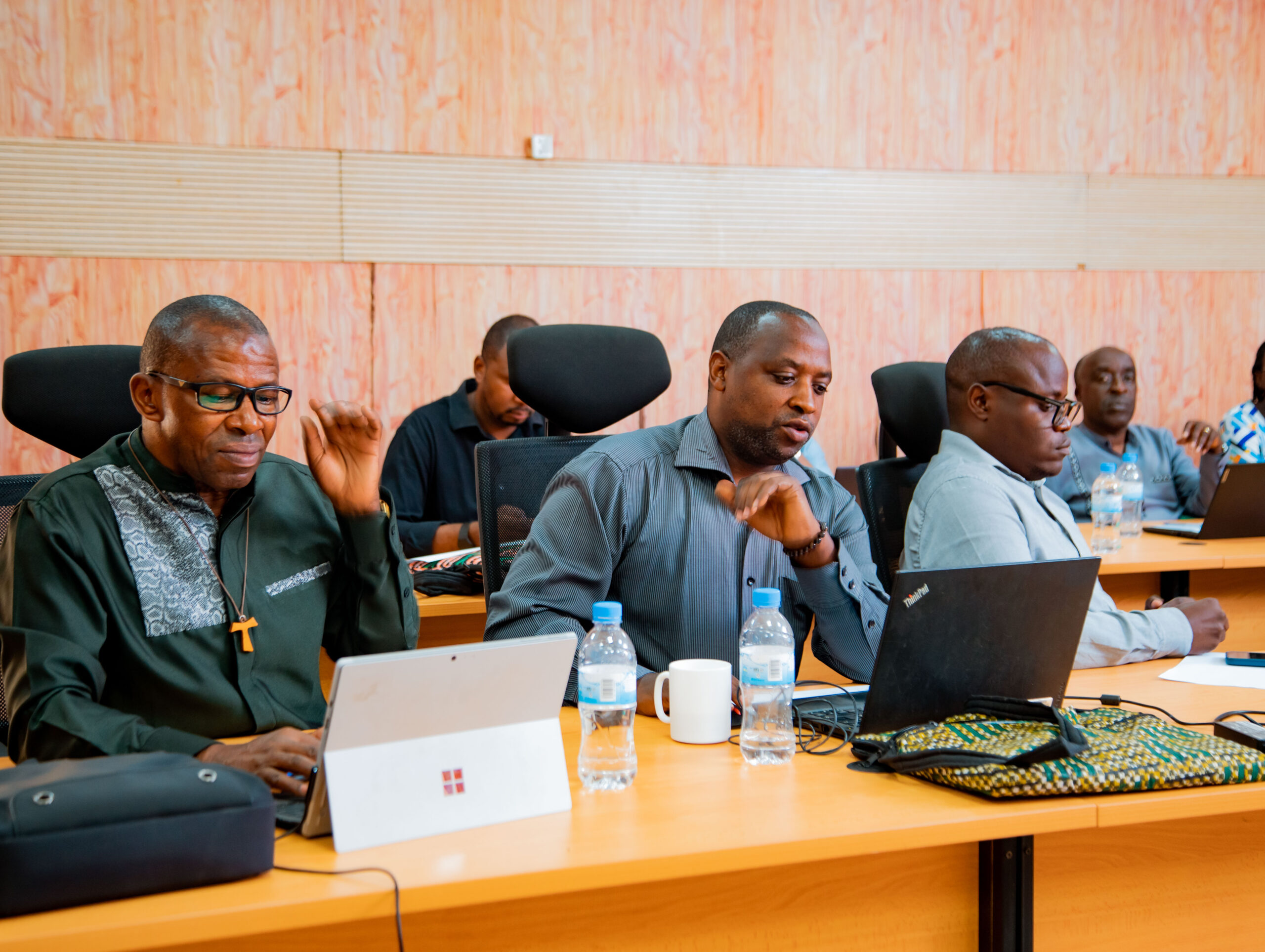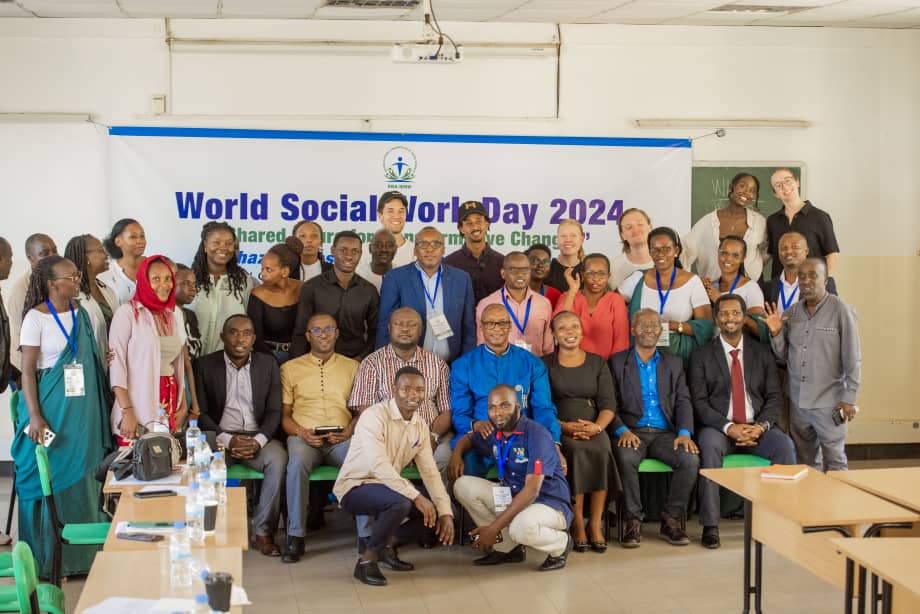About Us
About RWA-NOSW
The Rwanda National Organization of Social Workers (RWA-NOSW) is the professional body representing social workers across Rwanda. Established in 2006, the organization serves as a platform for unifying social work professionals, enhancing their capacities, and advocating for policies that strengthen social work practice and protect vulnerable populations.
RWA-NOSW is legally recognized under Personality N° 631/RGB/NGO/LP/04/2020 (issued 29/05/2020). In 2024, the organization adopted a new constitution to comply with the updated law Nº 058/2024 of 20/06/2024 governing non-governmental organizations, ensuring continued alignment with Rwanda’s legal and social development frameworks.

More about us
What is Social Work?
Social Work is a professional practice and academic discipline dedicated to helping individuals, families, groups, and communities enhance well-being, overcome challenges, and achieve social justice.
Social workers:
- Care– support vulnerable people with compassion.
- Empower– help individuals and communities build on their strengths.
- Advocate– fight for fairness, equality, and social protection policies.
Academic Pathways in Social Work
- Bachelor’s degree in social work, entry-level professional practice.
- Master of Social Work (MSW / MDS)– advanced knowledge, leadership, and specialization.
- PhD in Social Work– research, policy, and academic leadership.
Where Do Social Workers Work?
In Rwanda and worldwide, social workers serve across diverse sectors:
✅ Health & Mental Health – hospitals, clinics, rehabilitation centers.
✅ Child Protection & Family Welfare – child rights, foster care, GBV prevention.
✅ Education – schools, universities, and student counseling.
✅ Justice & Correction – juvenile rehabilitation, probation, and courts.
✅ Community Development – NGOs, refugee services, and local associations.
✅ Policy & Advocacy – government, research, and UN agencies.
This diversity makes social work a bridge between individuals and society.

Historical Background of Social Work
Global Perspective
-- 19th Century Origins (Europe & USA)
oCharity Organization Societies (COS) – focused on individual support.
oSettlement House Movement (Jane Addams) – promoted community empowerment & reform.
-- 20th Century – development of professional schools, ethics, and international standards.
-- Today – recognized worldwide by the International Federation of Social Workers (IFSW).
In Rwanda
-- Rooted in traditional values of solidarity (Ubumuntu / Ubuntu).
--The 1994 Genocide against the Tutsi revealed the urgent need for professional social work in trauma healing, child protection, reintegration, and resilience building.
-- Today, the Rwanda National Organization of Social Workers (RWA-NOSW) leads efforts to professionalize and regulate social work in the country.
Why Social Work Matters
- Strengthens child protection systems.
- Supports mental health and psychosocial well-being.
- Advocates for vulnerable and marginalized groups.
- Contributes to national development and social cohesion.
Mission | Vision | Motto
Our Objectives
RWA-NOSW is guided by clear objectives designed to promote the profession and support Rwanda’s social development:
- To promote and strengthen the social work profession.
- To build the capacities of members through training and professional development.
- To advocate for social justice, equity, and human rights.
- To stand up for children, families, and vulnerable groups.
- To support and promote social welfare and development programs.
- To contribute to national social and development policy processes.
- To promote partnerships and collaboration with local and international stakeholders.
- To enhance psychological support and mental health care.
- To address communicable and non-communicable diseases and promote environmental health.
- To tackle malnutrition and stunting through Early Childhood Development (ECD) services.
Why RWA-NOSW Matters
Social workers in Rwanda play a crucial role in:
-
Protecting vulnerable groups such as children, youth, women, and persons with disabilities.
-
Promoting psychosocial well-being and mental health.
-
Advocating for stronger social protection systems.
-
Contributing to Rwanda’s national development through community engagement.
Through RWA-NOSW, social workers have a collective voice to influence policies, strengthen their profession, and make a lasting impact on communities.
